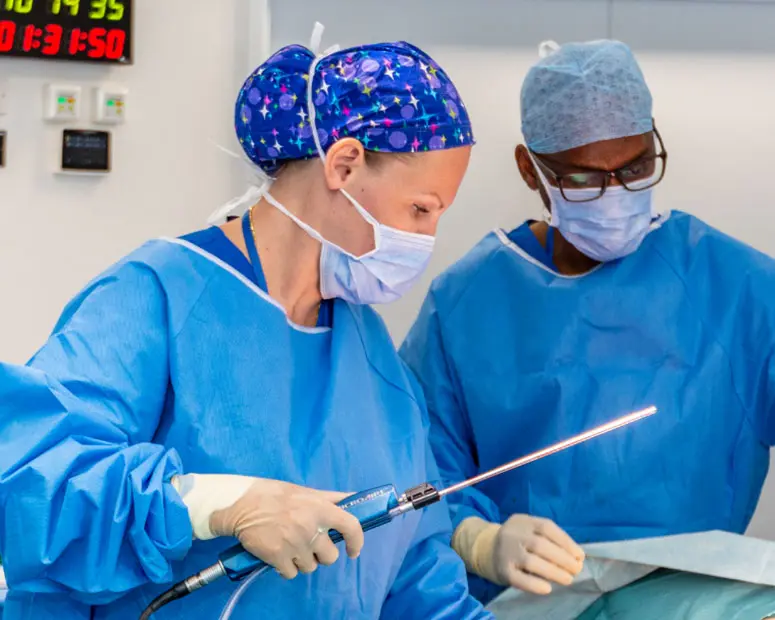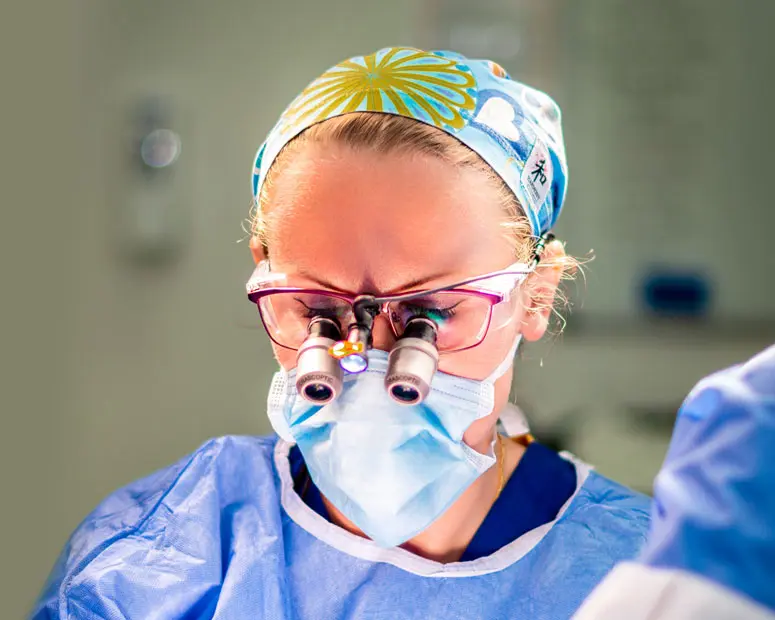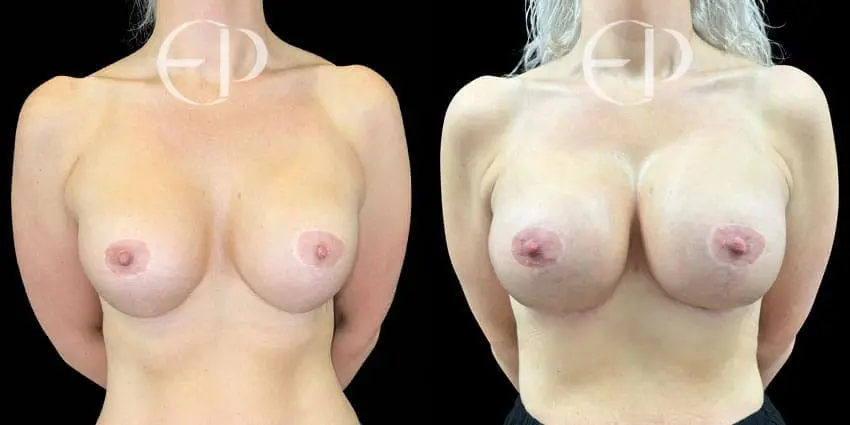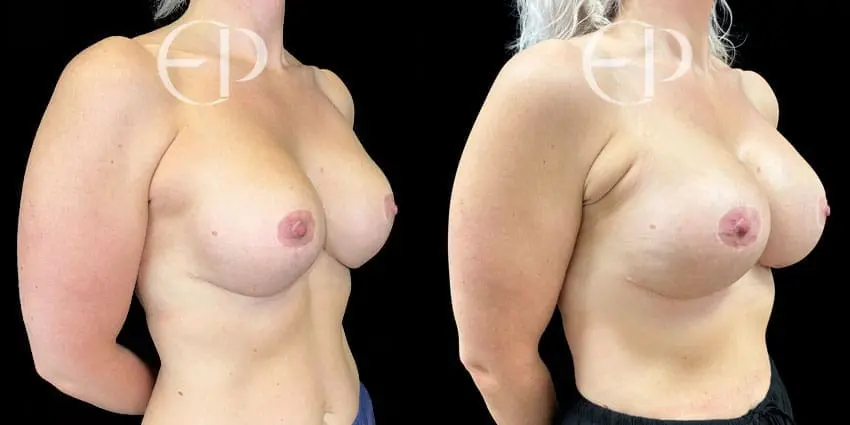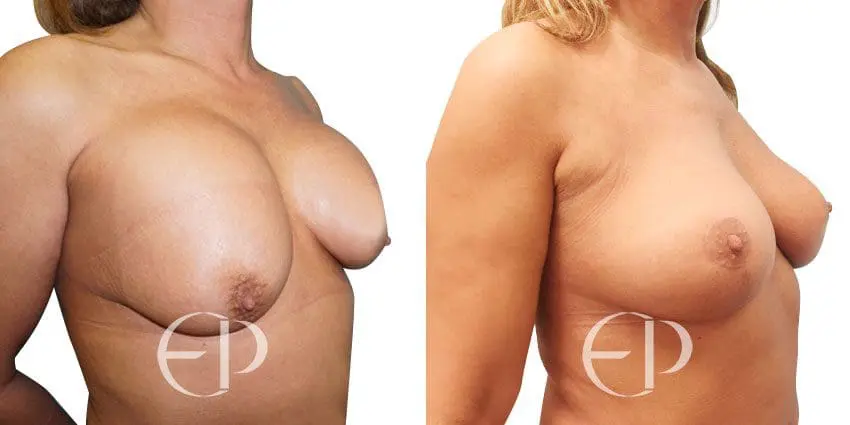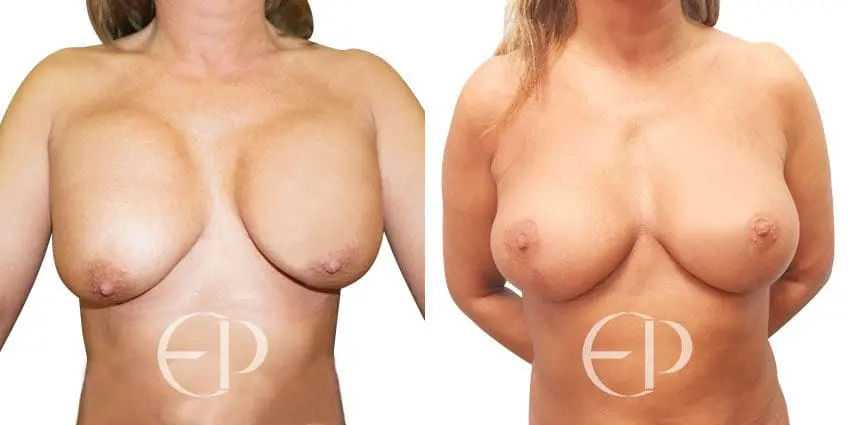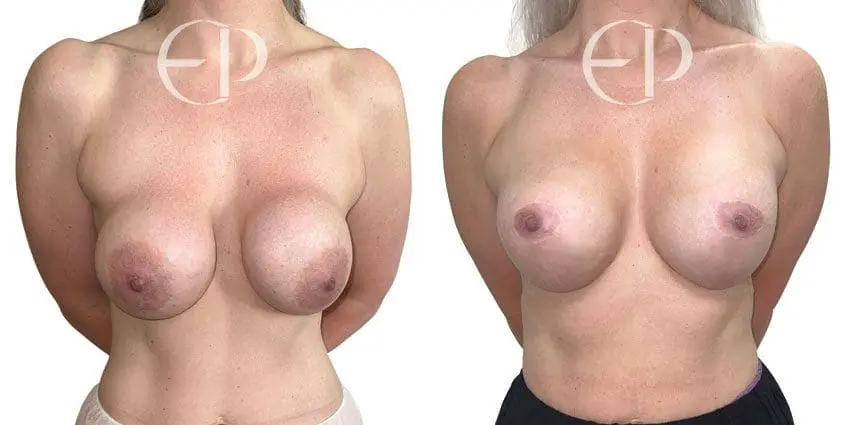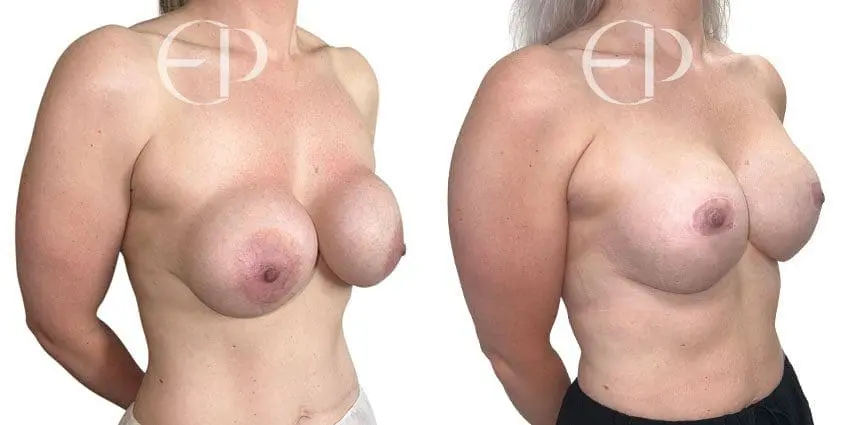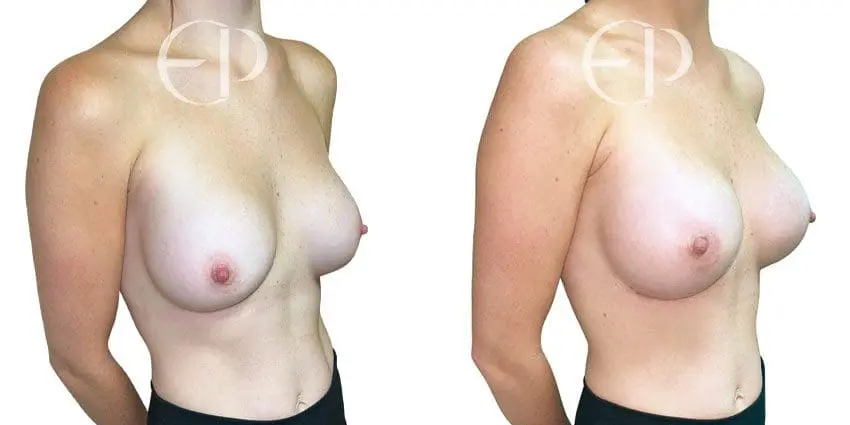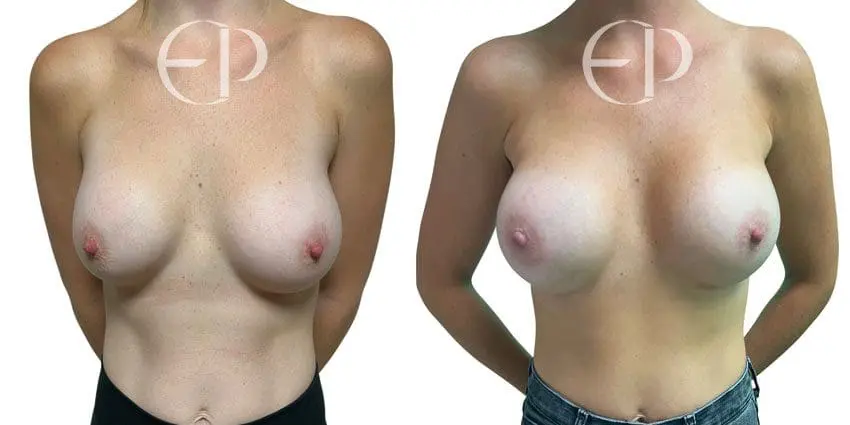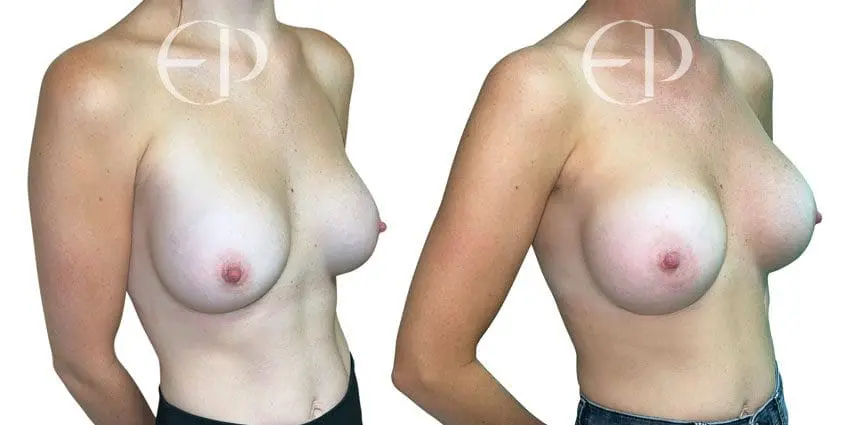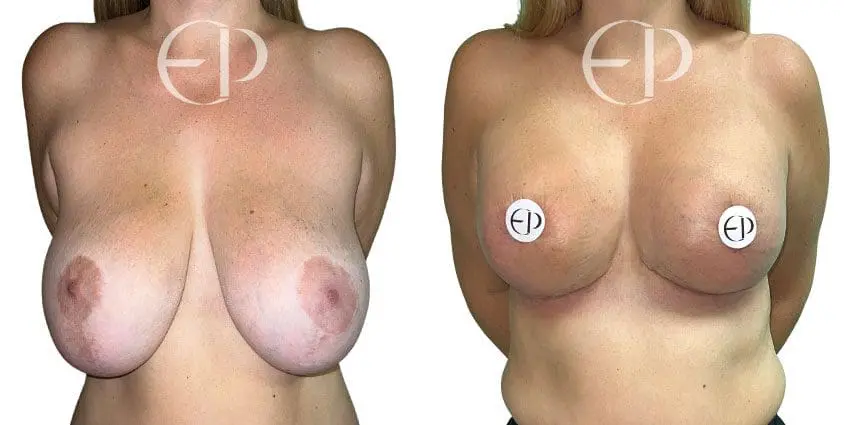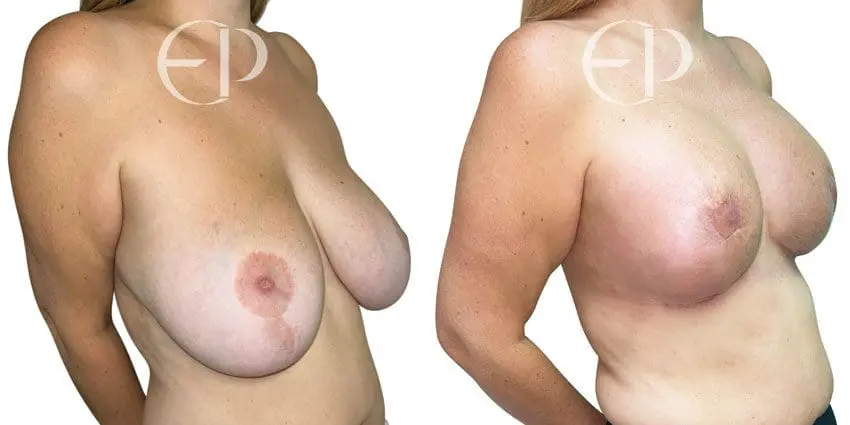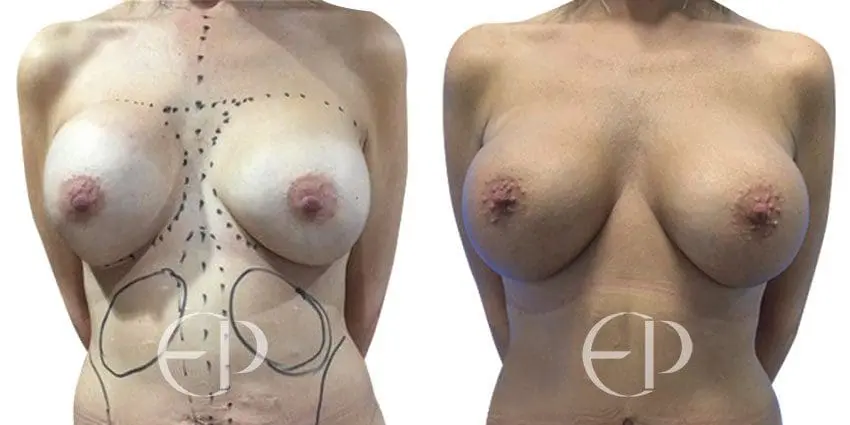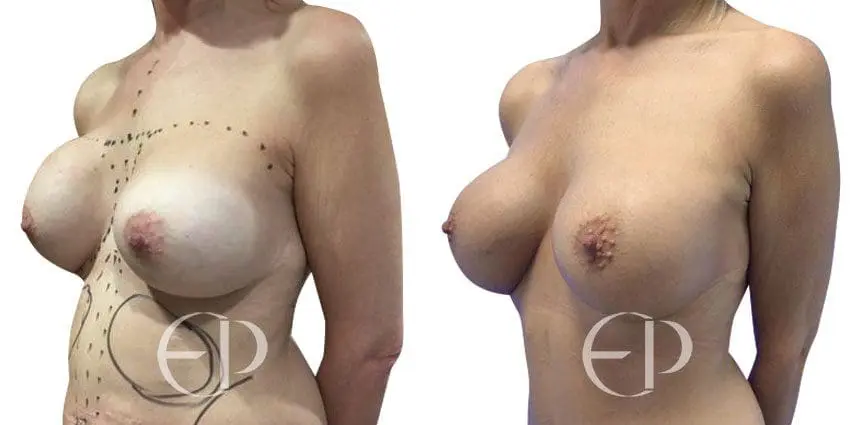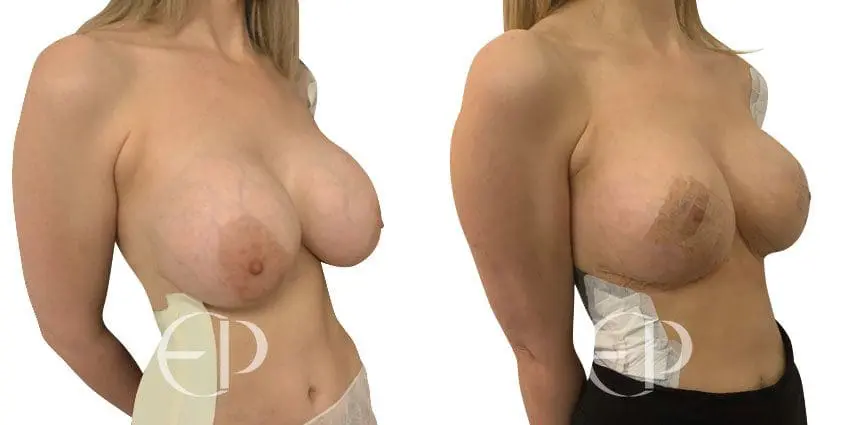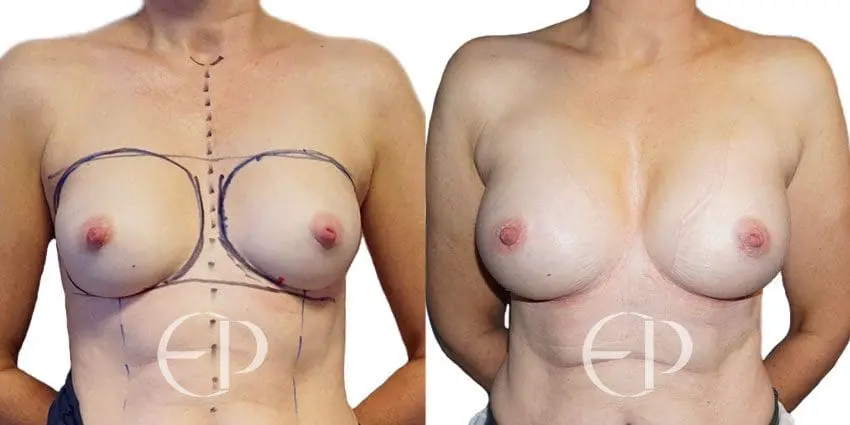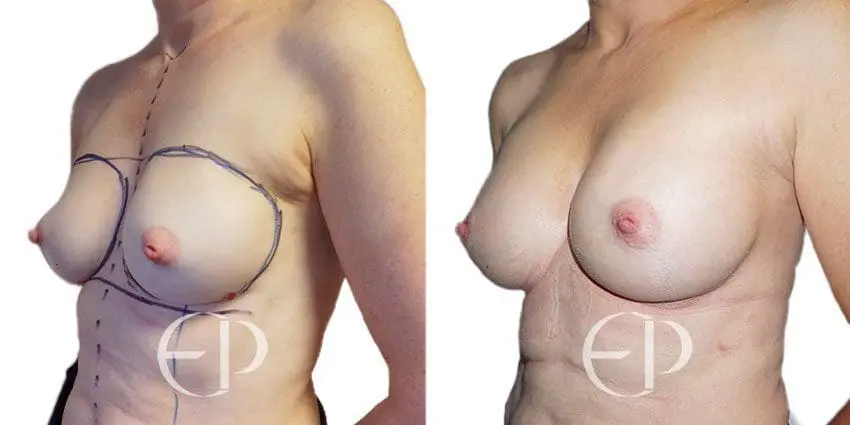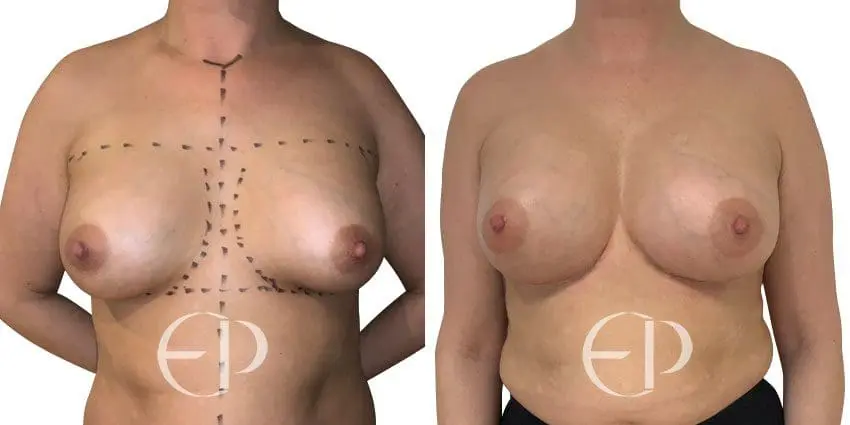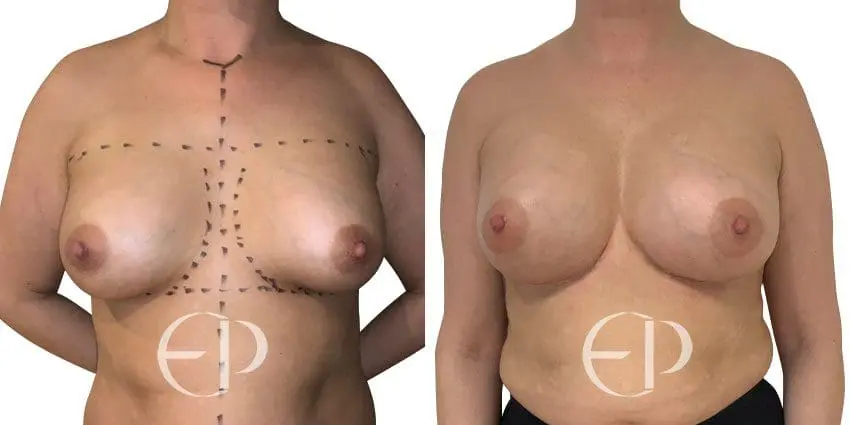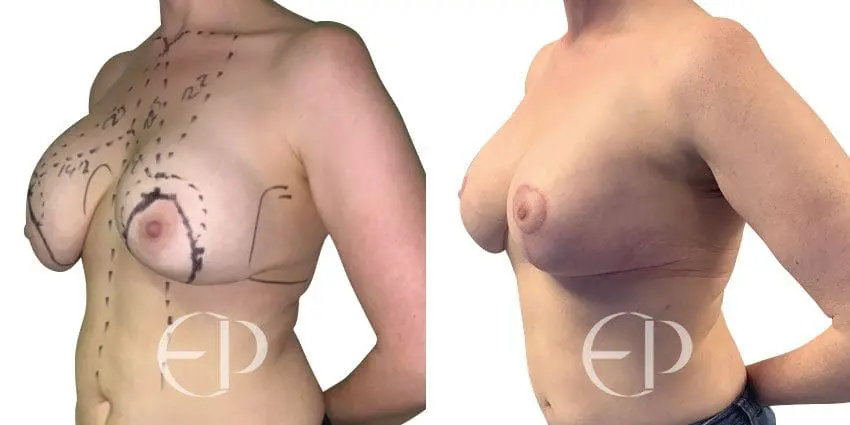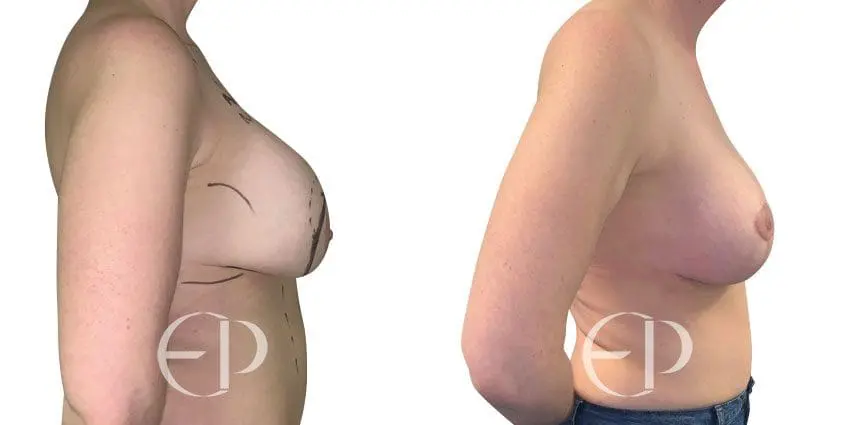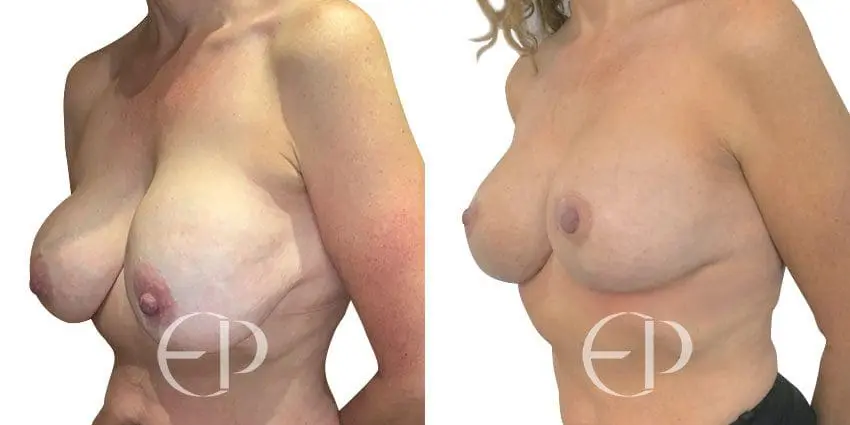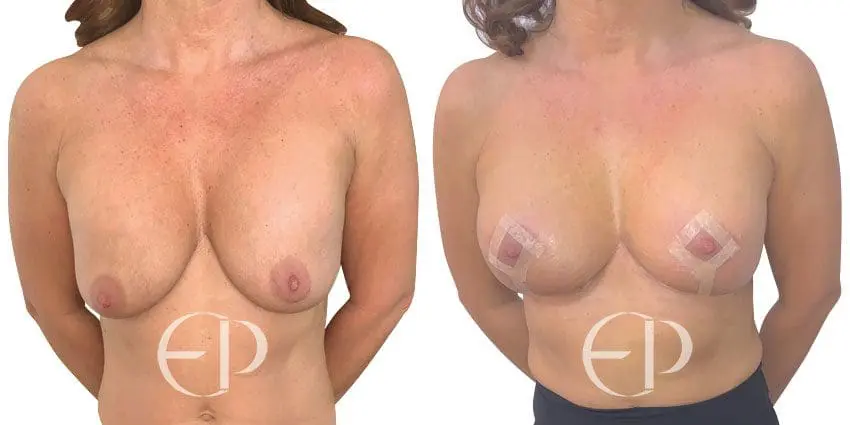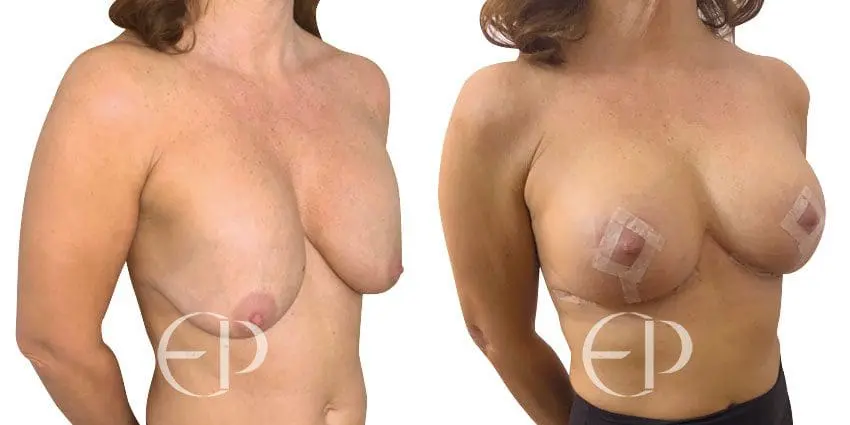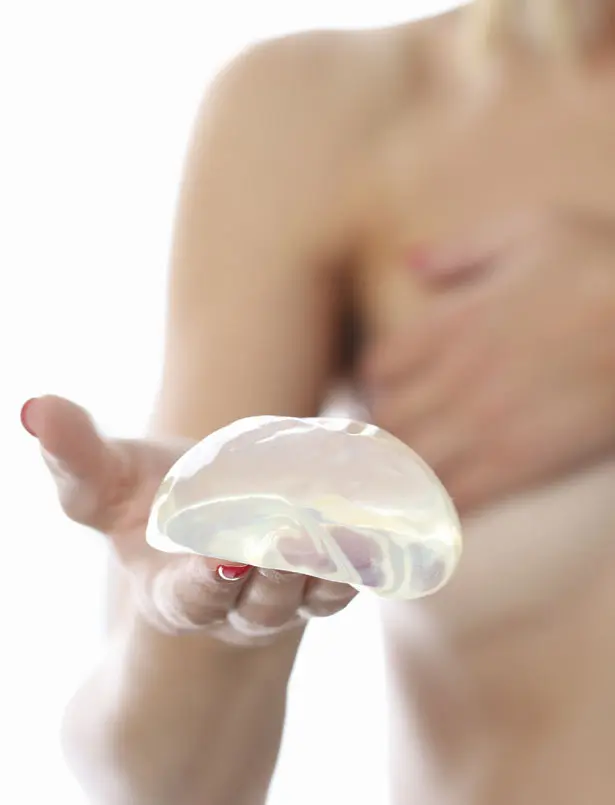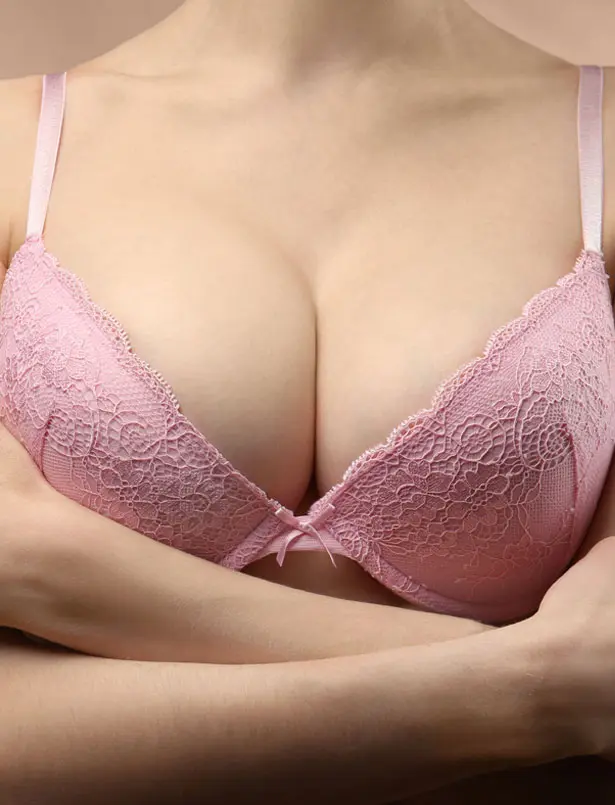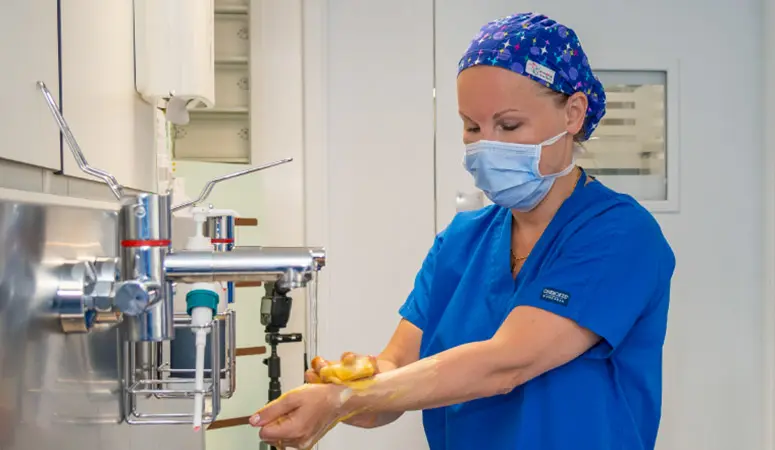The process always begins with detailed, empathetic consultations. It is important that as a prospective patient you find a surgeon you feel you can trust, someone who has the experience to deliver results, but also an ability to demonstrate care and compassion.
At consultation and medical examination, the impact of the PIP implants would be assessed, though full impact might only be known once surgery has begun.
Importantly though there will also be a focus on the positive – how you will look post surgery, discussing the shape and volume of breast you want as you put this awful episode behind you.
The process will vary by patient as the impact of the PIP implants will vary. For some, there will be no leakage and the impact can be removed in a relatively straightforward manner.
Others will have suffered major leakage from ruptured implants. Whereas with a high-quality implant, this leakage would not be a medical concern, this is not the case with a PIP implant. Care would be needed to treat the impact of the failed implant.
Other issues can include necrosis, or dead tissue developing around the implant, bleeding or a build-up of calcium.
There is a treatment requirement to the surgery – addressing all these concerns – and then the reconstruction aspect. Creating the shape and size of breast desired – this may be different to the requirements when the PIP implants were fitted. After all, our body changes over time.
The surgery itself will typically use the same incisions as from the initial surgery. The capsule that surrounds the implant would be removed and a new implant inserted into this vacant area ‘the pocket’.
The skin can then be closed at the incision.
Much though will depend on the impact of the PIP implants and the overall care taken in the initial surgery.
That is why there is a need to repeat that the consultations – often there are at least two – are of such importance. They are your chance to have an open conversation with an empathetic surgeon and for them to recommend a best course of action.
Unfortunately, in the case of PIP implants, not acting is not a sensible option.












